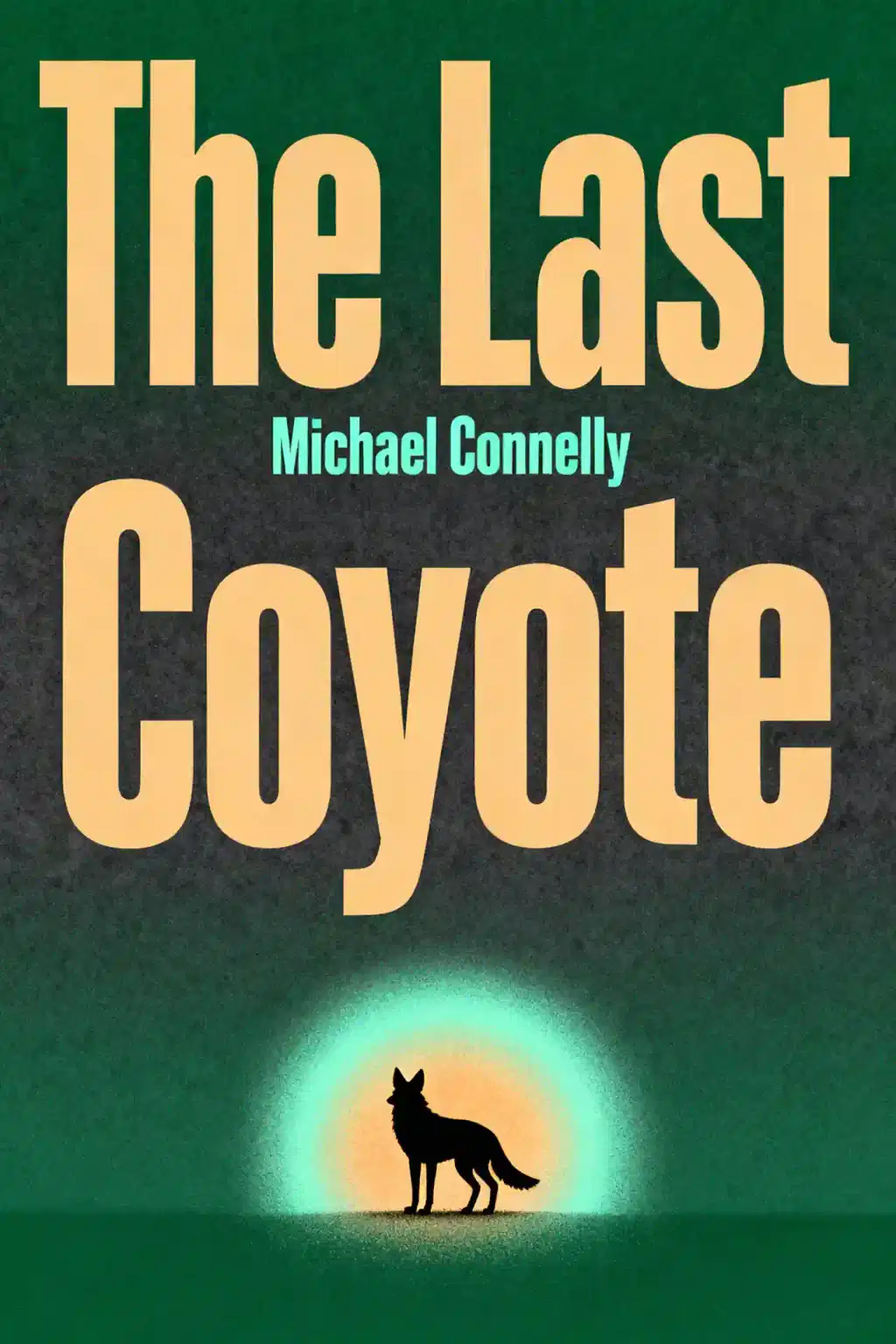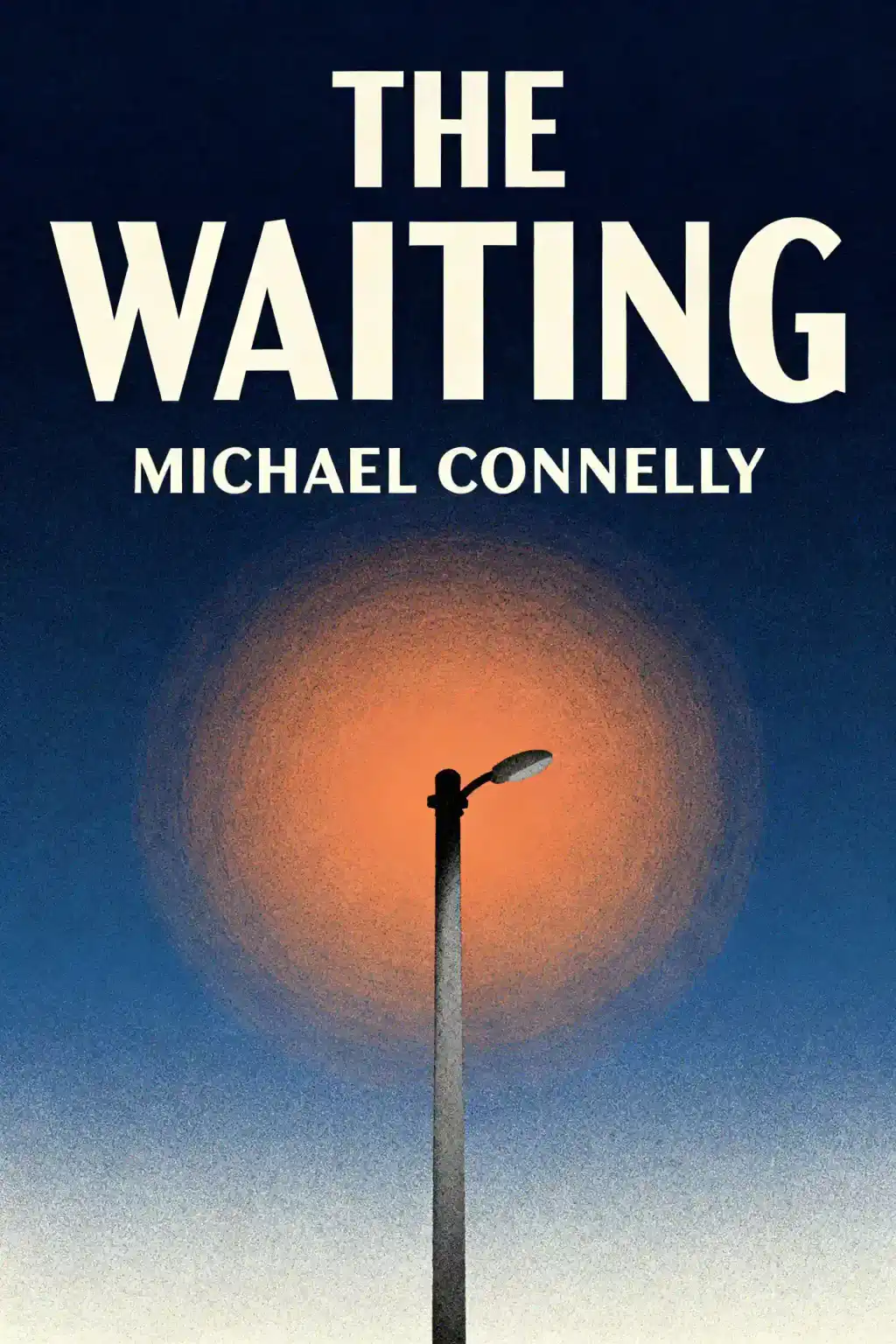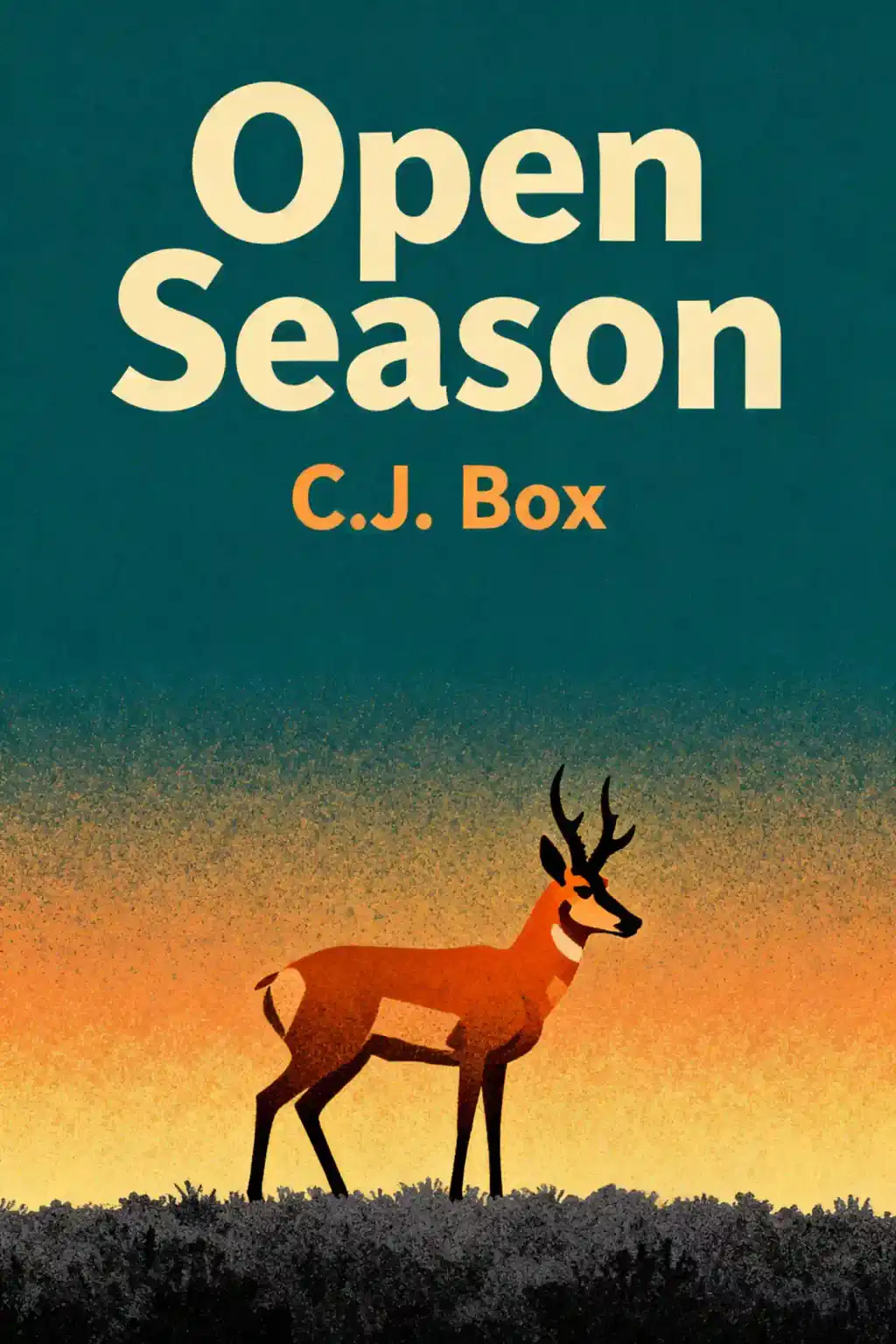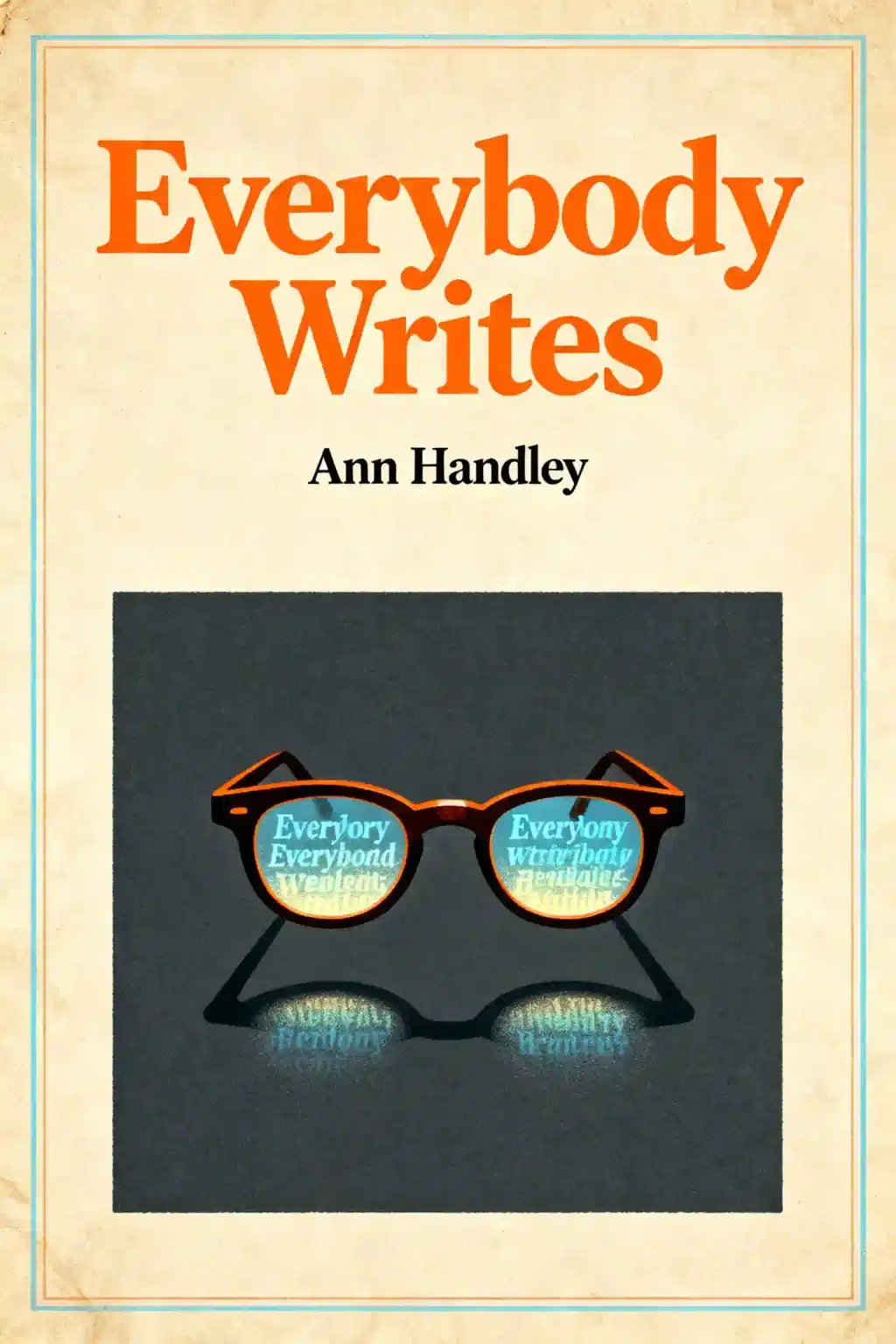What is The Last Coyote by Michael Connelly about?
The Last Coyote is Michael Connelly's fourth Harry Bosch novel, centered on the LAPD detective investigating his mother's unsolved murder from 1961. While on involuntary stress leave after assaulting his superior, Bosch reopens the cold case of Marjorie Lowe, a prostitute who was strangled when he was eleven years old. The investigation leads him into a web of political corruption, cover-ups, and powerful figures in Hollywood hills who will kill to protect decades-old secrets.
Who should read The Last Coyote?
The Last Coyote is ideal for crime fiction enthusiasts, particularly fans of detective novels with deep psychological complexity and personal stakes. This book appeals to readers who enjoy cold case investigations, character-driven narratives exploring trauma and justice, and stories about police corruption. Anyone interested in Los Angeles noir tradition or Michael Connelly's Harry Bosch series will find this installment particularly compelling, as it cuts to the very core of Bosch's character and motivation.
Is The Last Coyote worth reading?
The Last Coyote is widely considered one of the best Harry Bosch novels, earning praise for its ambitious storytelling and emotional depth. The Los Angeles Times compared it favorably to Raymond Chandler, calling it "ambitious, skillful, moving, intricate, and clever". The Orlando Sentinel praised Connelly for unraveling Bosch's psyche with fascinating precision while producing a classic whodunit. The novel successfully balances personal investigation with police procedural elements, making it both emotionally resonant and intellectually satisfying.
Where does The Last Coyote fit in the Harry Bosch series?
The Last Coyote is the fourth book in Michael Connelly's Harry Bosch series, published in 1995. This installment serves as a pivotal character study that explores Bosch's origins and psychological motivations more deeply than previous novels. While it can be read as a standalone mystery, understanding Bosch's relationship with his superiors and his investigative methods from earlier books enriches the experience. The novel establishes crucial backstory that influences Bosch's character throughout the remaining series.
What happened to Harry Bosch's mother in The Last Coyote?
Marjorie Phillips Lowe, Harry Bosch's mother, was a prostitute who was strangled on October 28, 1961, when Harry was eleven years old. The case went cold after the original investigation was deliberately sabotaged by powerful political figures. Bosch discovers that his mother was planning to marry District Attorney Arno Conklin on the day of her murder. The ultimate revelation is that Meredith Roman, Marjorie's best friend and fellow sex worker, killed her in a tragic act of jealousy and betrayal.
Who are the key suspects in The Last Coyote investigation?
The Last Coyote investigation centers on three interconnected suspects from 1961: Arno Conklin, an ambitious district attorney who loved Marjorie Lowe; Gordon Mittel, his ruthless political strategist who orchestrated the cover-up; and Johnny Fox, Marjorie's pimp. Bosch initially believes Mittel killed his mother to protect Conklin's political career. The shocking twist reveals that Johnny Fox faked his death and lived as Jonathan Vaughn, Mittel's enforcer, while Meredith Roman was the actual killer.
What role does Dr. Carmen Hinojos play in The Last Coyote?
Dr. Carmen Hinojos is the LAPD psychologist assigned to evaluate Harry Bosch during his involuntary stress leave. Initially met with resistance, she becomes a crucial sounding board who challenges Bosch's denial and helps him confront his trauma. Hinojos provides psychological insights into Bosch's motivations and warns him about losing his investigative "edge" if he solves his mother's case. Her examination of crime scene photos ultimately leads to the breakthrough that identifies Meredith Roman as the killer.
How does The Last Coyote explore police corruption and cover-ups?
The Last Coyote reveals systematic corruption where powerful political figures pressured the LAPD to bury the investigation into Marjorie Lowe's murder. Original detective Claude Eno received $1,000 weekly payments from a dummy corporation controlled by Conklin and Mittel to ensure the case stayed cold. Assistant DA's office prevented detectives from properly interviewing Johnny Fox, forcing them to conduct interviews only in Conklin's presence. This corruption costs more lives, including Lieutenant Harvey Pounds, whom Mittel murders after Bosch inadvertently puts him in danger.
What is the significance of the title The Last Coyote?
The title The Last Coyote symbolizes Harry Bosch's solitary nature and his position as a lone survivor navigating the urban wilderness of Los Angeles. Coyotes are solitary hunters who adapt to harsh environments, mirroring Bosch's independence and resilience despite trauma. The metaphor extends to Bosch being the last person willing to seek justice for victims society has forgotten, like his mother. His therapist and others recognize this "brand of solitude" that defines his character throughout the investigation.
How does grief and trauma shape Harry Bosch in The Last Coyote?
The Last Coyote depicts Bosch exhibiting classic trauma symptoms, including denial about his youth hall experience and shame regarding his mother's profession. His obsessive house repairs serve as a coping mechanism for deeper emotional pain he refuses to address in therapy. The investigation forces Bosch to confront how his mother's murder shaped his entire career philosophy that "everybody counts," especially victims society dismisses. His inability to maintain healthy relationships and his self-destructive patterns stem directly from unresolved childhood trauma.
What makes The Last Coyote different from other Harry Bosch novels?
The Last Coyote stands apart as the most personal and psychologically intimate Harry Bosch novel, focusing on his origin story rather than a standard LAPD case. Unlike previous books, Bosch operates without his badge or official authority, conducting an unauthorized cold case investigation. The narrative structure alternates between present-day investigation and therapeutic sessions, providing unprecedented insight into Bosch's inner life. This novel fundamentally explains why Bosch became a homicide detective and established the emotional foundation for his character throughout the series.
What is the political corruption theme in The Last Coyote?
The Last Coyote examines how political ambition corrupts justice when Gordon Mittel, described as an influential political strategist, orchestrates a decades-long cover-up to protect Arno Conklin's career. The novel reveals how powerful figures manipulate law enforcement institutions, with payoffs, intimidation, and murder used to silence investigations. Mittel's transformation from 1960s political fixer to modern fundraising powerbroker demonstrates how corruption compounds over time. The conspiracy ultimately claims multiple lives, including recent murders committed to maintain secrets from 1961.














